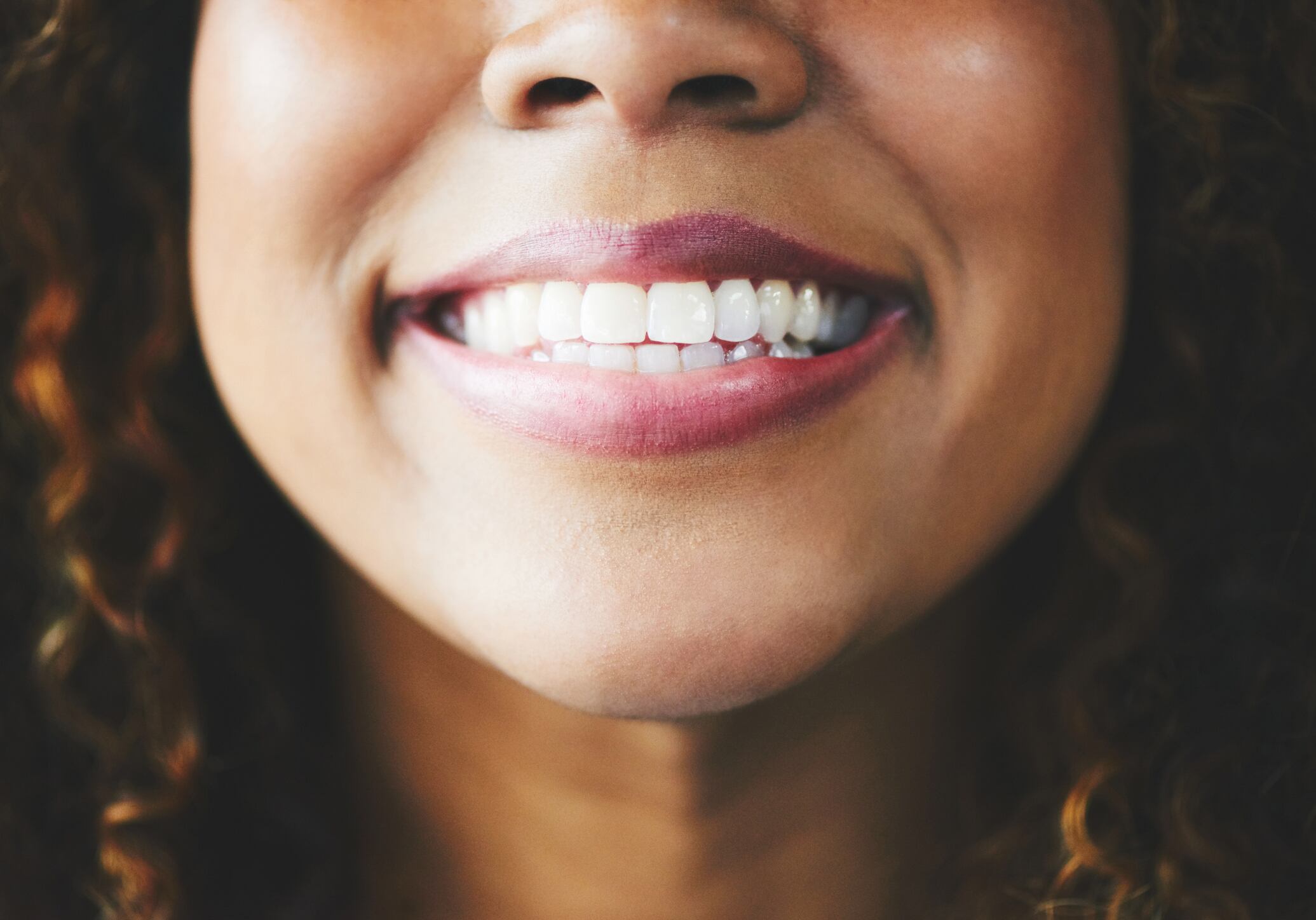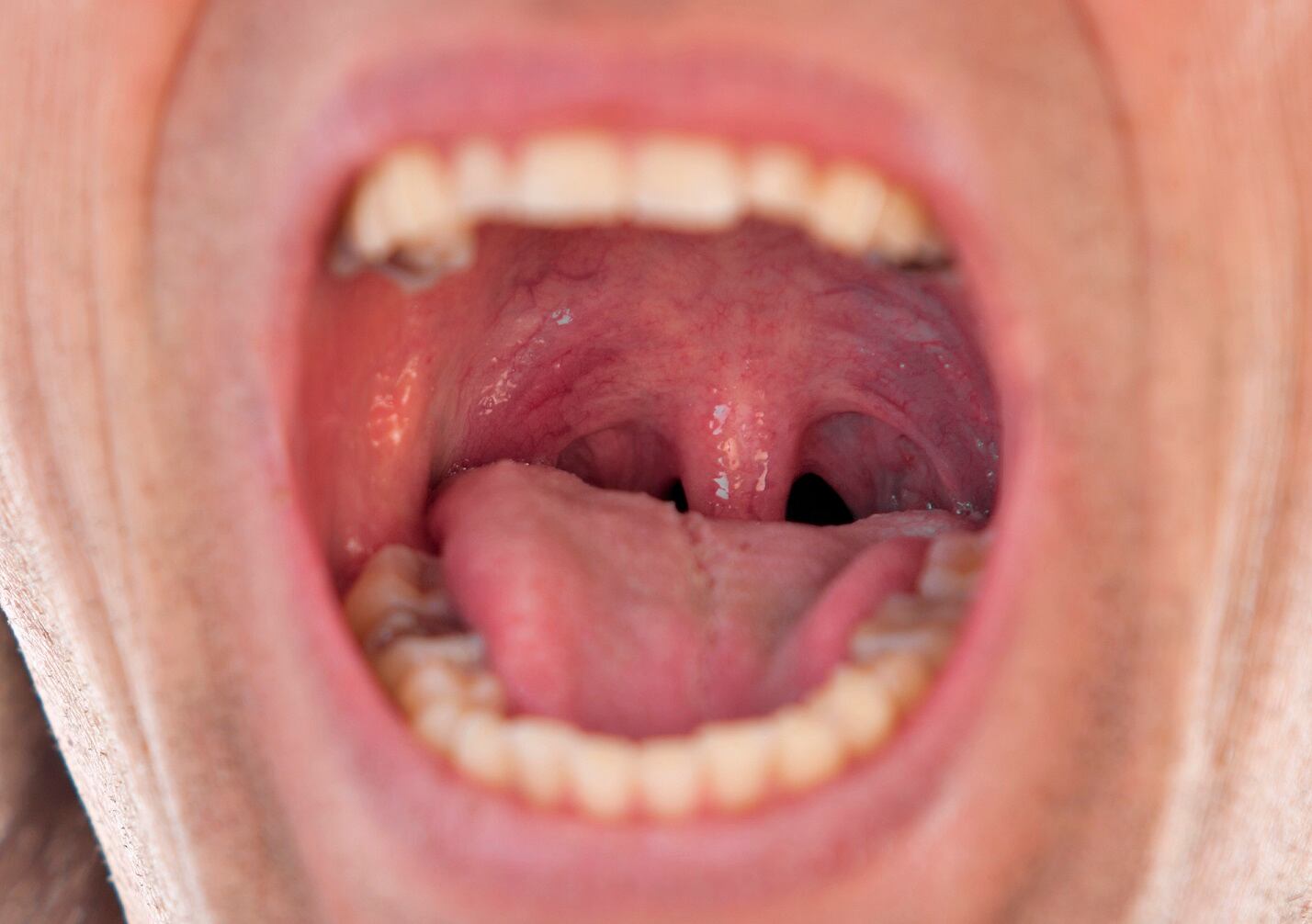Researchers isolated LAB strains Lactobacillus brevis and Lactobacillus plantarum, for therapeutic activity against the oral pathogen Porphyromonas gingivalis (P. gingivalis), considered the linchpin for periodontal disease, and observed reductions in biofilm formation following dental treatment. The pathogen is known to stimulate biofilm production that is implicated in disease progression.
“The ability of LAB CFS to disrupt the biofilm formation activity at different concentrations is crucial to prevent the recolonisation of P. gingivalis as the protective biofilm layer in the pocket is destroyed by treatment,” the study authors write in Oral Biology.
“L. brevis and L. plantarum exhibited excellent antimicrobial and anti-biofilm activity against P. gingivalis.”
Shift in microbiota balance
Periodontal disease is a chronic dental problem that affects approximately 50% of adults and adolescents in developing countries and P. gingivalis is one of the main microbes associated with disease pathogenesis and possesses a number of virulent factors, such as lipopolysaccharide (LPS) layer in cell walls, fimbriae for adhesion, biofilm formation and gingipains for tissue degradation.
“P. gingivalis is the keystone pathogen that shifts the balance of oral microbiota and eventually disrupts the regulation of the immune response pathway. The shift in oral microbiota results in dysbiosis after the invasion of P. gingivalis.”
Antibiotics and antibacterial mouthwash are recommended to prevent colonisation after dental treatment, however the biofilm produced by P. gingivalis reduces the efficacy of antibiotics and mouthwash both stains teeth and reduces palatal sensitivity.
The probiotic effect
Probiotics modulate immune responses to dental infections and production of antimicrobial compounds and in so doing inhibit pathogen propagation and consequently biofilm formation.
“Probiotics are a promising alternative to improve oral health, especially in gingival and periodontal disease management,” the authors maintain.
They explain that some strains are already in use to treat various dental issues and studies indicate their potential as an adjuvant therapy to reduce periodontal pathogens and improve clinical outcomes in the case of non-surgical treatment.
“Numerous studies have found that periodontal pathogens can be inhibited by probiotics live culture or cell-free supernatant (CFS) from various commercial strains.
“Moreover, the rise in antibiotic resistance highlights the dire need for alternative treatment options.”
Antagonistic pathogen
Lactobacillus brevis and Lactobacillus plantarum were isolated from fermented tapioca and assessed for their potential in oral health. LABs were screened for antimicrobial sensitivity and anti-biofilm properties and evaluated for probiotic potential. Results were compared with the commercial strain Lactobacillus rhamnosus.
The cell-free supernatant (CFS) of isolated probiotics exhibited “excellent” antimicrobial and anti-biofilm activity against P. gingivalis and were comparable to the commercial control, L. rhamnosus. This supports findings from another similar study and indicate the LABs have the potential to be “antagonistic against periodontal pathogen”, the authors comment.
Furthermore, the commercial strain possessed inhibitory activity against several other periodontal pathogens, including F. nucleatum and A. actinomycetemcomitans.
It was postulated the mechanism of antagonistic activity related to “competitive interaction” and the secretion of antimicrobial substances and other bioactive compounds.
Antimicrobial activity
A biofilm test demonstrated the CFS from study probiotics and the commercial variant disrupted the biofilm formation and helped eradicate most of the P. gingivalis pathogenesis by interfering with gene activity.
The researchers state that: “The production of potent antimicrobial materials that can disrupt the biofilm proved that the LAB CFS isolated from fermented foods is very competent at combatting the colonisation and biofilm formation of P. gingivalis.
“There is also a possibility that the metabolites produced by the isolated probiotics could affect cell wall synthesis, cell metabolism, and cell attachments.”
They further assert that organic acid production may contribute to antimicrobial activity of tested LAB CFS. Although neutralised L. brevis and L. plantarum showed no inhibition activity L. rhamnosus demonstrated slight inhibition towards the offending pathogen.
Antimicrobial mechanisms neutralise the cytoplasmic membrane of bacterial cells, causing it to rupture and interfere with the “quorum sensing” of pathogens, they add.
Additional benefits
The auto-aggregation and coaggregation activity of the LABs in the prevention of biofilm formation was considered. It was noted that both L. brevis and L. plantarum promoted auto and coaggregation activity to help prevent bacterial adherence to gingival tissue and enhance probiotic action.
Both strains were tolerant to alpha-amylase and resistant to lytic properties of mouth saliva. Finally, only a light pH reduction was observed in the presence of sugar supplementation, suggesting neither initiate high acid production and therefore causal dental decay.
Source: Archives of Oral Biology
Published online, August 19, 2022: doi: 10.1016/j.archoralbio.2022.105515
‘Characterization and potential oral probiotic properties of Lactobacillus plantarum FT 12 and Lactobacillus brevis FT 6 isolated from Malaysian fermented food’
Authors: N.S. Mohd-Zubri, et al.


